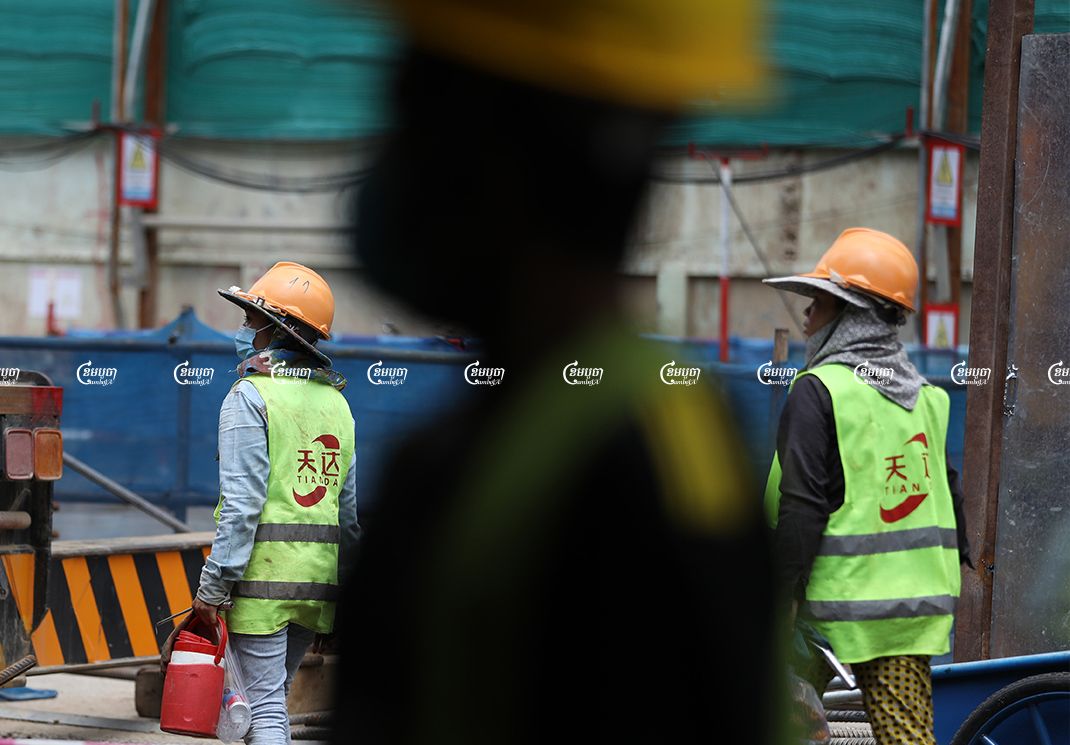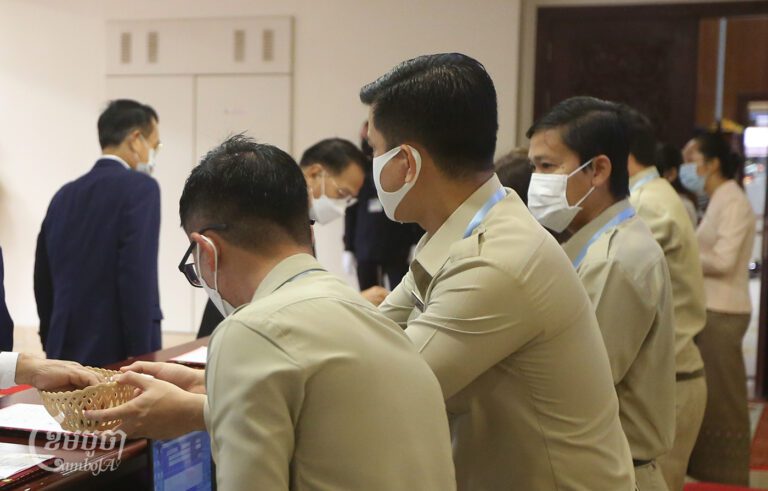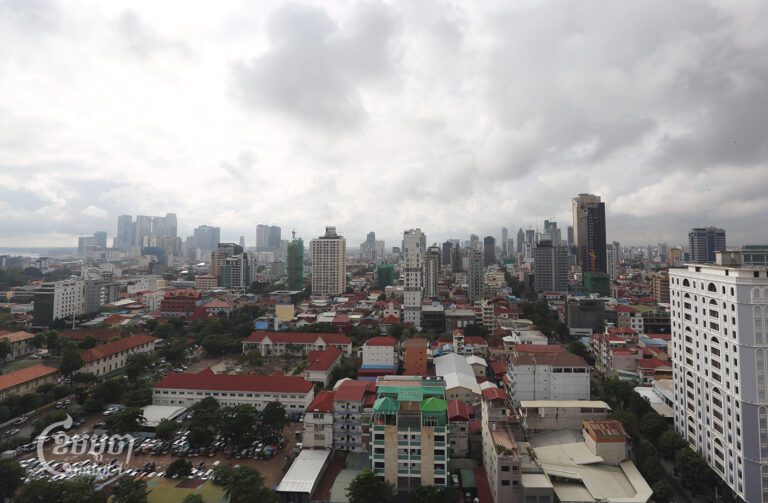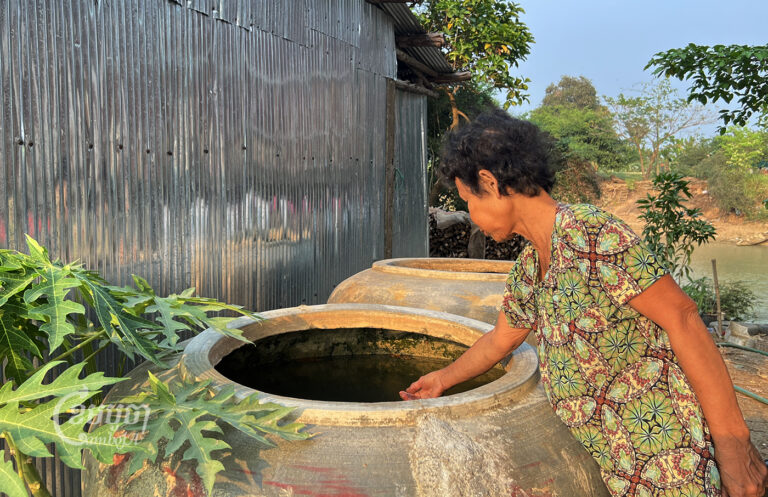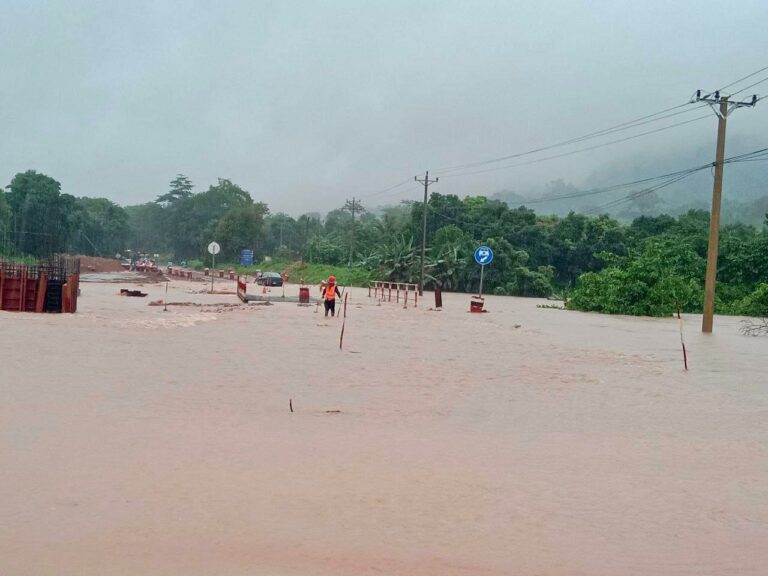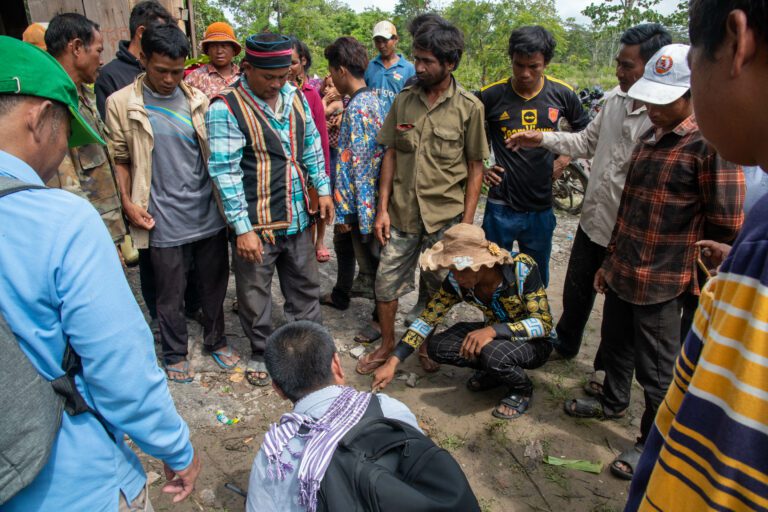The World Bank downgraded Cambodia’s forecasted economic growth for 2021 to 2.2 percent from a previous projection of 4 percent, and urged the country to strengthen its external competitiveness to accelerate economic recovery and boost job creation.
Last week, the Asian Development Bank (ADB) also downgraded its projection to 1.9 percent growth in 2021. However, both the World Bank and ADB forecast growth to accelerate to 4.5 percent and 5.5 percent respectively in 2022.
According to the World Bank’s economic update on East Asia and Pacific Economic released on Tuesday, the country’s outlook remains highly uncertain since the main sectors such as service, construction, and real estate sectors have been severely hit by COVID-19, despite a strong export performance.
“Disruptions to economic activities due to stringent measures to curb the outbreak have led to job losses or decreased working hours, in turn reducing household incomes,” noted the report.
To mitigate the impact, the Cambodian government has extended its COVID-19 cash transfer program to September 2021 and introduced additional assistance.
However, the World Bank said the coverage may not fully mitigate negative impacts.The cash relief program, for instance, has reached only about 18 percent of the poor and vulnerable households, according to the World Bank.
The government spent $829 million on combating COVID-19 in 2020 and expects to expend $1.4 billion in 2021. The government currently plans to spend an additional $910 million to fight the virus next year.
High credit growth and concentration of domestic credit in the construction and real estate sector remains a key risk to Cambodia’s financial stability while the tourism sector virtually collapsed, the report said.
Chiv Sivpheng, general manager of the Cambodia Constructors Association, said that the construction sector has been badly affected by COVID-19 outbreaks and lockdowns, which interrupted hundreds of construction projects in Phnom Penh and Sihanoukville.
“The most affected projects are foreign-owned projects due to restrictions on the number of workers and they are still waiting to see if conditions are good to restart the project while local developers are still operating in a slow phase,” he said. “But we believe that after the third dose COVID-19 vaccination, it may be possible to resume quickly.”
Cambodia’s construction sector relies heavily on Chinese investment, especially in Sihanoukville, which has been transformed through substantial Chinese investment into an enclave of Chinese-run casinos, restaurants, and high-rise buildings.
Sivpheng said hundreds of planned skyscrapers submitted to the Ministry of Land Management have been put on hold in both Phnom Penh and Sihanoukville due to the pandemic.
The report said the tourism sector, which was estimated to have provided about 2 million jobs and contributed a quarter of GDP during the pre-pandemic period, has collapsed while job losses have increased due to the number of migrant workers who have returned home from abroad.
Prime Minister Hun Sen said on September 17 that the government will develop a strategy to allow fully vaccinated foreigners to visit Cambodia in order to gradually restore tourism.
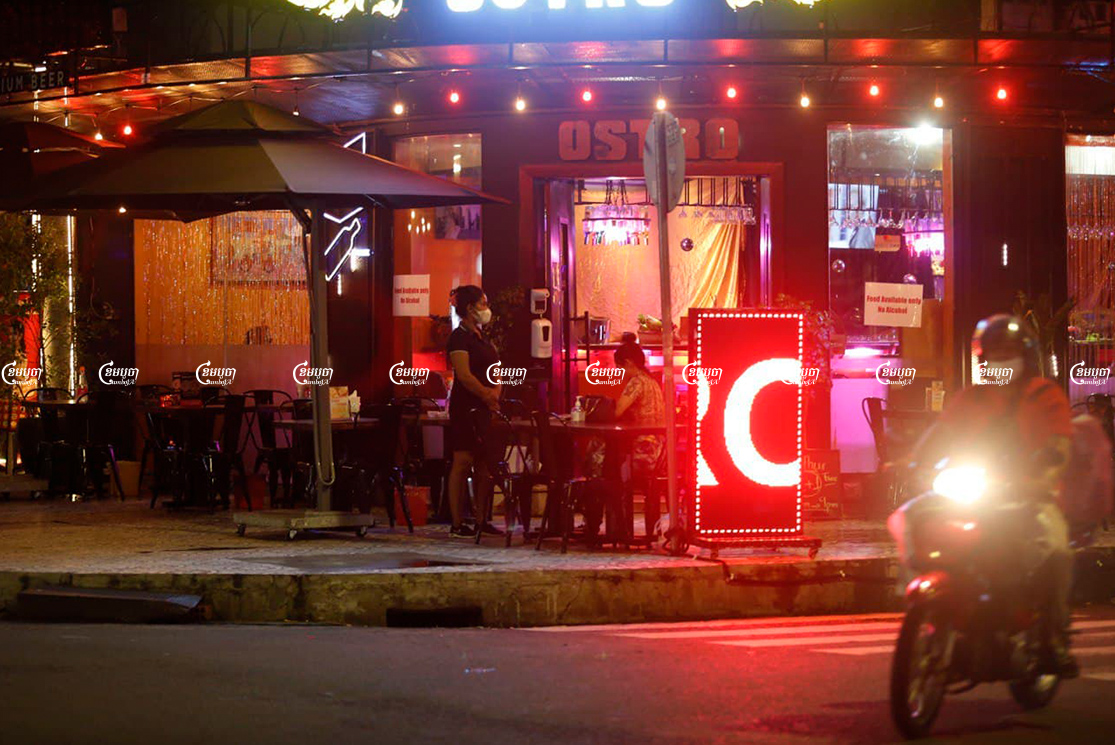
Cambodia Association of Travel Agents president Chhay Sivlin said the tourism sector plays an important role in Cambodia’s economic growth, noting that tourism impacts transportation, service, foods, retail, and accommodation sectors.
“So, it provides job opportunities, reduces immigration and promotes community products,” she said. “And all these are promoting the local livelihood both directly and indirectly while the government also collects more tax revenue from the sector.” Sivlin said more than 3,000 tourism-related businesses have been closed since the start of the pandemic.
Anthony Galliano, group CEO of the financial services company Cambodian Investment Management Holding, said the World Bank and ADB trimmed their forecasts due to the lagging adverse impact of the pandemic and prior overconfidence in anticipation of a full reopening.
While exports grew 17 percent in the first half of the year, he said, the services and tourism sector continues to struggle.
“Unless there is a relaxation of restrictions and a progressive reopening of the country, there is not much visibility for a recovery in these industries,” he said, adding that the government’s successful COVID-19 vaccine roll-out will likely help it to be able to lift restrictions and allow for reopening, which should invigorate the economy.
“Hopefully with this vaccination advantage, Cambodia can be open for business, welcoming back investors and tourists and adjusting to the new world, very much like the U.S. and most of Europe has,” he said.
Cambodia exports were driven partly by a recovery of garment, footwear, and travel goods exports which account for 63.1 percent of total exports. Of those, 42.3 percent were sent to the US market.
The World Bank said to accelerate the economic recovery and boost job creation, the country needs to take necessary steps to strengthen external competitiveness.
“It is crucial that Cambodia takes necessary steps to strengthen external competitiveness to spur production and exports, taking advantage of the new investment law and Cambodia-China Free Trade Agreement,” it said. “Addressing supply side bottlenecks by reducing costs of doing business, logistics, and energy, while eliminating rigidities in major employment-related regulations that prevent a robust recovery of the job market.”


